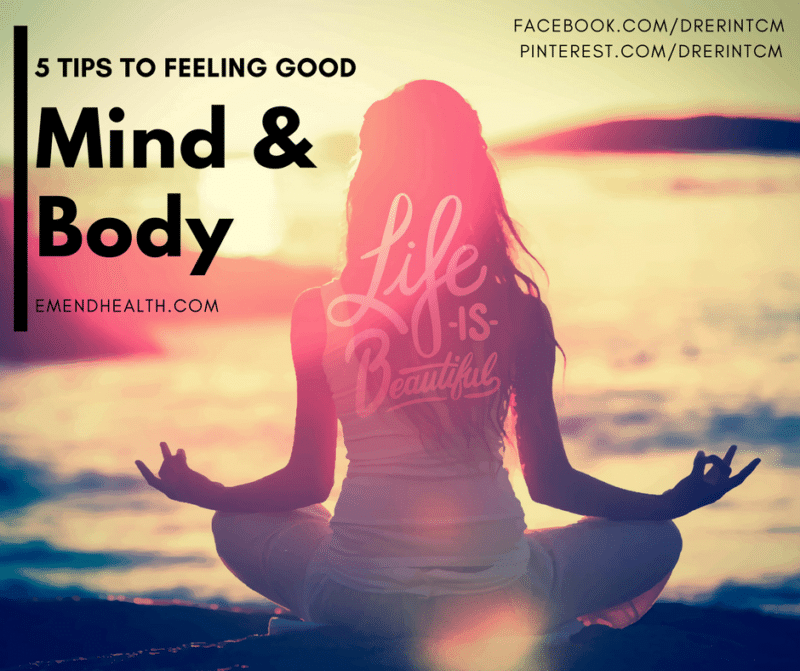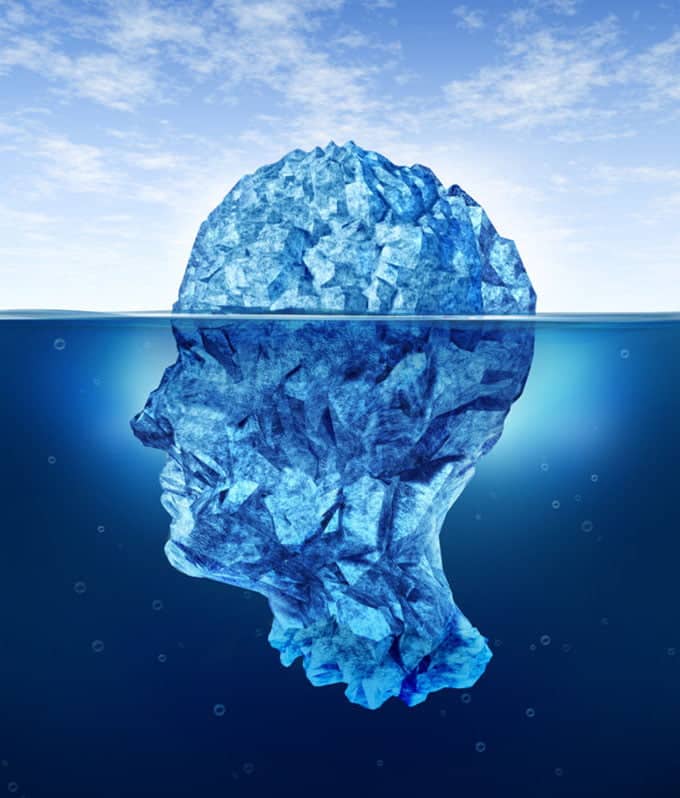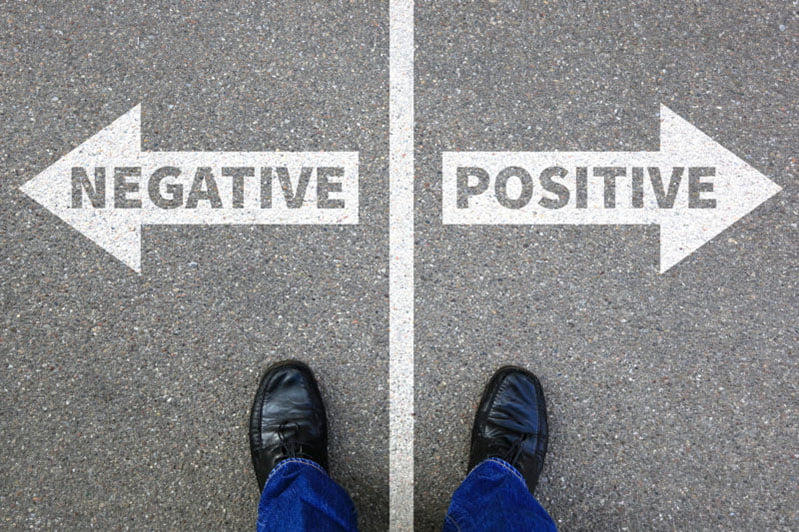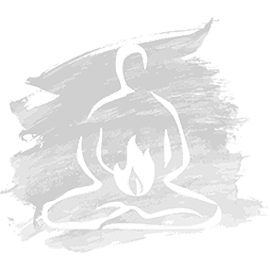
If you are a patient of mine, you already know how much I care about your emotional state. You may be coming to me for lower back pain relief, but I always check in with how you are feeling – happy, mad, sad, fearful, etc. Why? Because the body is connected and it will respond very differently while you are experiencing specific emotions. When you’re feeling stressed or worried, the chemical and hormone changes that occur can impede the body’s ability to heal, as well as actually lead to more inflammation.
One thing that helped me understand emotions was realizing they are just chemical reactions happening in the brain. Each emotion is a different chemical reaction. That’s it! Silly brain. If you go to the mall the day before a major holiday, like Christmas, you can often observe all sorts of chemical reactions unfolding as vendors and shoppers experience a wide range of emotions. It would make an interesting laboratory!
How does our emotional state affect our physical health?
This question has been very highly researched, and for good reason – anxiety and depression are two of the most common mental illnesses worldwide and our pain and inflammatory processes are on the rise. You may even know someone with some kind of auto-immune disorder. Research is showing a significant correlation between psychological stress and decreased wound healing. That is just the tip of the iceberg on stress inhibiting normal functions.

Sadly, there are a lot of people walking around who feel terrible, mentally and physically, right now. Until we stop looking externally to fix our problems, we will never unleash the power we have inside, and we will stay sick. Neuroscience is revealing how we can work with our body instead of against it.

What can we do to FEEL better?
We have the power to change our brain. Neuroscience is showing us how much power we have over how our body functions. I can see the power of the brain and memory when I treat chronic pain patients. They are so used to guarding themselves to reduce pain, that even after the pain is virtually gone, they still guard their movements. That is the memory of the pain and I find it is the last symptom to go as the body heals.
We have the ability to “tip the scales” when it comes to how we feel and it begins with working on our mindset.

Tip #1 – What are you grateful for?
When we think of what we are grateful for, it actually affects the brain at a biological level. Gratitude releases serotonin and dopamine in the brain, which is what causes you to feel happy. Having a journal that you can write out what you are grateful for every day is a great way to incorporate this tip into your life. Using a 5-year gratitude journal, as I do, would allow you to see what you were grateful for that same day in previous years. That results in even more gratitude-induced feel-good hormones.

Tip #2 – Put feelings into words. Label the emotion.
Instead of saying, “I feel terrible”, it is better to give that terribleness a name. Happy? Sad? Mad? Describe the emotion in one or two words to reduce the intensity. Recognizing and labeling the emotion is actually shown to reduce the impact of the emotion. FBI hostage negotiators use this as a primary tool. Suppressing emotions, on the other hand, is never beneficial and they will always poke up again at some point in your life.
If you need another reason to change your brain in positive directions, consider that negative thoughts have been shown to actually make you age faster. You may be aware that changes in our DNA’s telomeres (caps at the end of each strand of DNA that protect our chromosomes) have been identified as a cause of aging in our cells. Well, we have just discovered that the aging process caused by the telomere shortening is worsened by emotions like cynical hostility, pessimism, mental rumination, or suppressing emotions.
So, once you have labeled the emotion that you feel, consider switching it to tell your body the opposite. For example, instead of “I feel so stressed” reverse it and say “I am not stressed.” Our body is listening. Our cells respond to what we say and how we feel. Tell your body what you want to feel and this will create a positive shift in emotions. Otherwise, that negative self-talk will hinder our body’s ability to heal. Give your body some love!

Tip #3 – Physical contact with others.
It is very important for us to feel loved and accepted by people, otherwise our brains respond by perceiving physical pain. When we touch people, whether holding hands or giving a high five, we release a “bonding” hormone called oxytocin. Not only is touch incredibly important to making you feel good, but it also improves physical and mental performance, like math skills.
When we hug someone that we love, especially a long hug, we can actually reduce their pain by the release of those feel-good hormones. The older and more fragile we get, the more physical touch becomes more important for our general health. Get massages, hold hands, and give HUGS! Oh, and consider some pet love too. When we pet animals, it only takes seconds for our blood pressure to decrease. How cool is that?
Tip #4 – Make your decision already!
The longer we wait to make a decision, the more we are plagued with anxiety and worry. Have you ever experienced feeling dramatically better after making a decision about something? I sure have! I also know that trying to make the “perfect” decision slows things down, so try and make the best decision and keep moving. This is a major problem for people who procrastinate or hoard and it can make you feel out of control – and stressed!

Tip #5 – Meditate 10 minutes every day.
Meditation practice is another area that has been highly researched for its powerful benefits on reducing anxiety, stress hormones, and inflammation. We don’t have to be Buddhist monks living on a mountain and meditating for 8 hours a day in order to get the benefits. All we need is 10 minutes a day. I recommend starting immediately using free downloadable guided meditation apps. You can also choose breathing meditation, which can be done anywhere! It is truly a healthy practice and there are some cool changes that will unfold with how your nervous system functions when you meditate daily.

Mia-Smile
Mia Hambone smiling at the end of her hike.
Bonus Tip – Choose happy experiences when you can.
Our brain also responds to what it sees. How can we feel happy one minute and then sad the next? We now know that just by looking at someone’s face when they are showing a certain emotion (crying, angry, smiling, etc), will activate a portion of our brain that responds by making us feel that exact same emotion. I mean, honestly, if you don’t feel sad while watching those Sarah MacLauchlan’s ASAPA TV commercials, then you don’t have a pulse. You can’t look at all those sad innocent animal faces without having an emotional shift.
So while we can’t, and shouldn’t, avoid contact with everyone who is unhappy, if you’re feeling down it’s better to watch a comedy than a sad movie.
*Please note: Always seek help from your healthcare provider if you experience long-term depression or if ever experience suicidal thoughts. There is help for you.
National Suicide Prevention Hotline: 1-800-273-8255.
Complement the help you’re giving your body psychologically and emotionally with better nutrition! Find out more with my blog on diabesity #1. Already read the diabesity blog #1 but missed the second one? You can find it right here!
Erin West is a Doctor of Traditional Chinese Medicine and licensed acupuncturist in Gilbert, Arizona specializing in pain and infertility. She loves sharing her passion for natural approaches to women’s health through her online articles and at her clinic, Mend Acupuncture and Herbal Medicine, at Sage Health Point on Lindsay Road. Call for an appointment at 480-788-1757.
References:
Massage therapy reduces anxiety and enhances EEG pattern of alertness and math computations. from Int J Neurosci. 1996 Sep;86(3-4):197-205.
The role of rumination in depressive disorders and mixed anxiety/depressive symptoms. Nolen-Hoeksema , https://www.ncbi.nlm.nih.gov/pubmed/11016119
Pessimism correlates with leukocyte telomere shortness and elevated interleukin-6 in post-menopausal women. O’Donovan , Lin J, Tillie J, Dhabhar FS, https://www.ncbi.nlm.nih.gov/pubmed/19111922
Hostility and cellular aging in men from the Whitehall II cohort. Brydon L, Lin J, Butcher L, Hamer M., https://www.ncbi.nlm.nih.gov/pubmed/21974787
Zen meditation, Length of Telomeres, and the Role of Experiential Avoidance and Compassion. Marta Alda, Marta Puebla-Guedea, https://link.springer.com/article/10.1007/s12671-016-0500-5
The Telomere Effect: A Revolutionary Approach to Living Younger, Healthier, Longer. January 3, 2017 by Dr. Elizabeth Blackburn (Author), Dr. Elissa Epel
The Upward Spiral: Using Neuroscience to Reverse the Course of Depression, One Small Change at a Time. March 1, 2015 by Alex Korb PhD (Author), Daniel J. Siegel MD
The Impact of Psychological Stress on Wound Healing: Methods and Mechanisms. Jean-Philippe Gouin and Janice K. Kiecolt-Glaser, https://www.ncbi.nlm.nih.gov/pmc/articles/PMC3052954/

Meet Dr. West, TCMD, LAc
Dr. West graduated with a Bachelor of Science in Cellular Biology from California State University Fullerton in southern CA where she was raised. She then completed a 5-year Doctorate in traditional Chinese medicine (TCM) at Pacific Rim College of Integrative and Complementary Medicine in Victoria, British Columbia, Canada. Dr. West is Nationally Board Certified in Acupuncture and Oriental Medicine by the NCCAOM and licensed with the State of Arizona.


